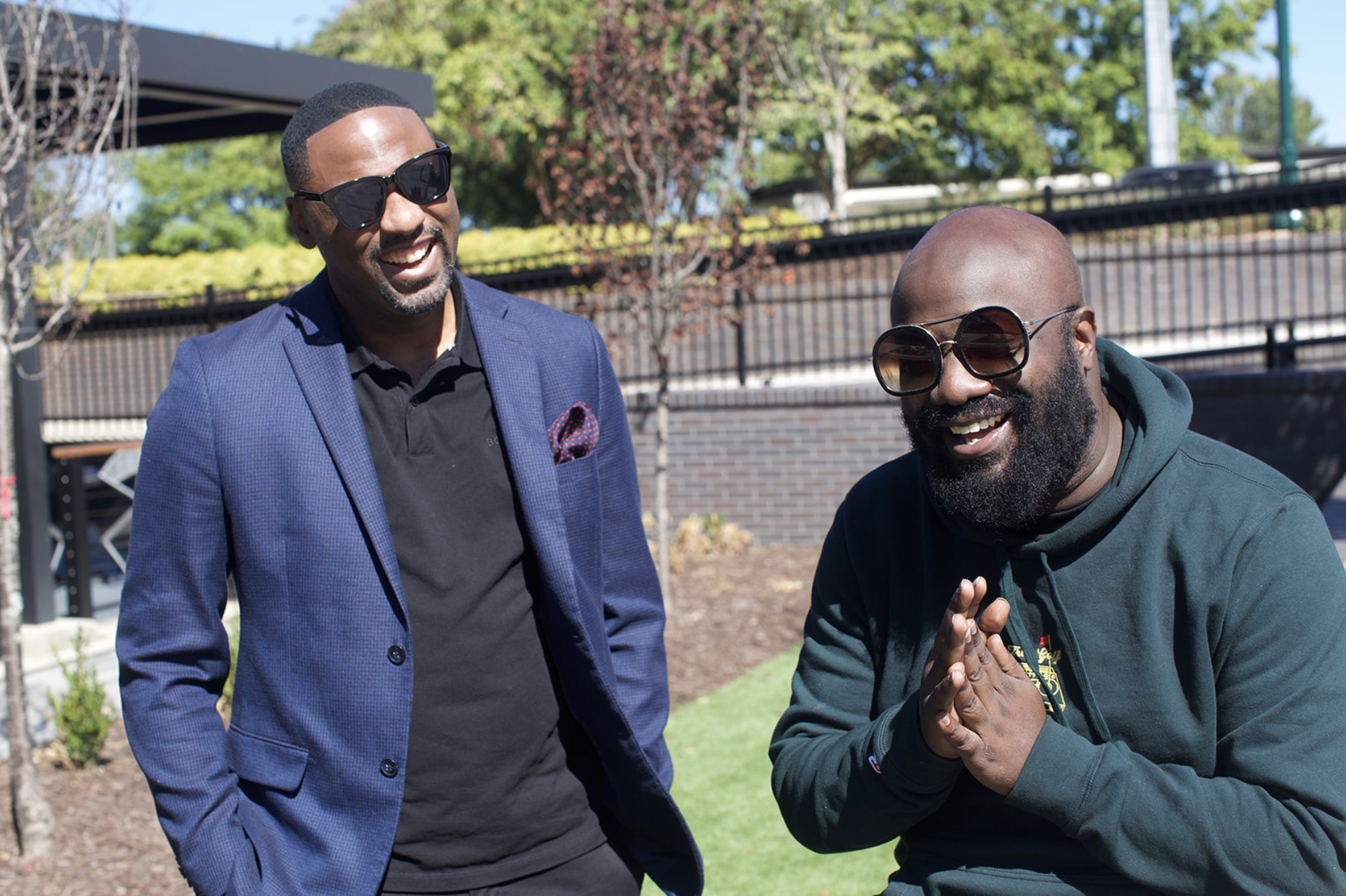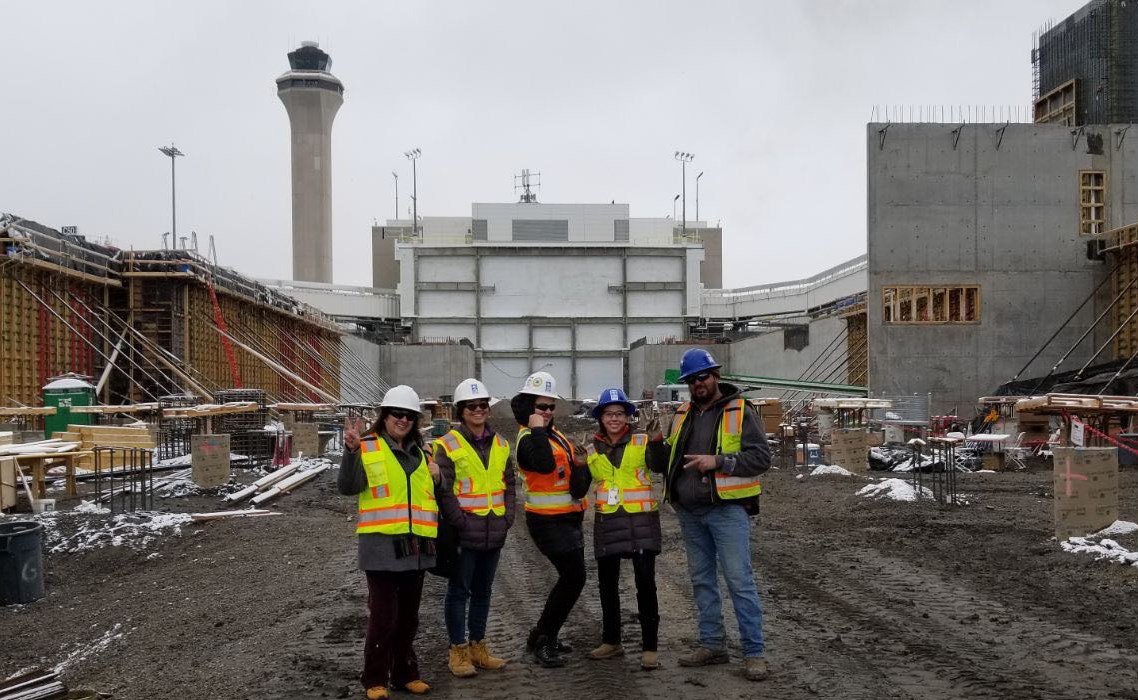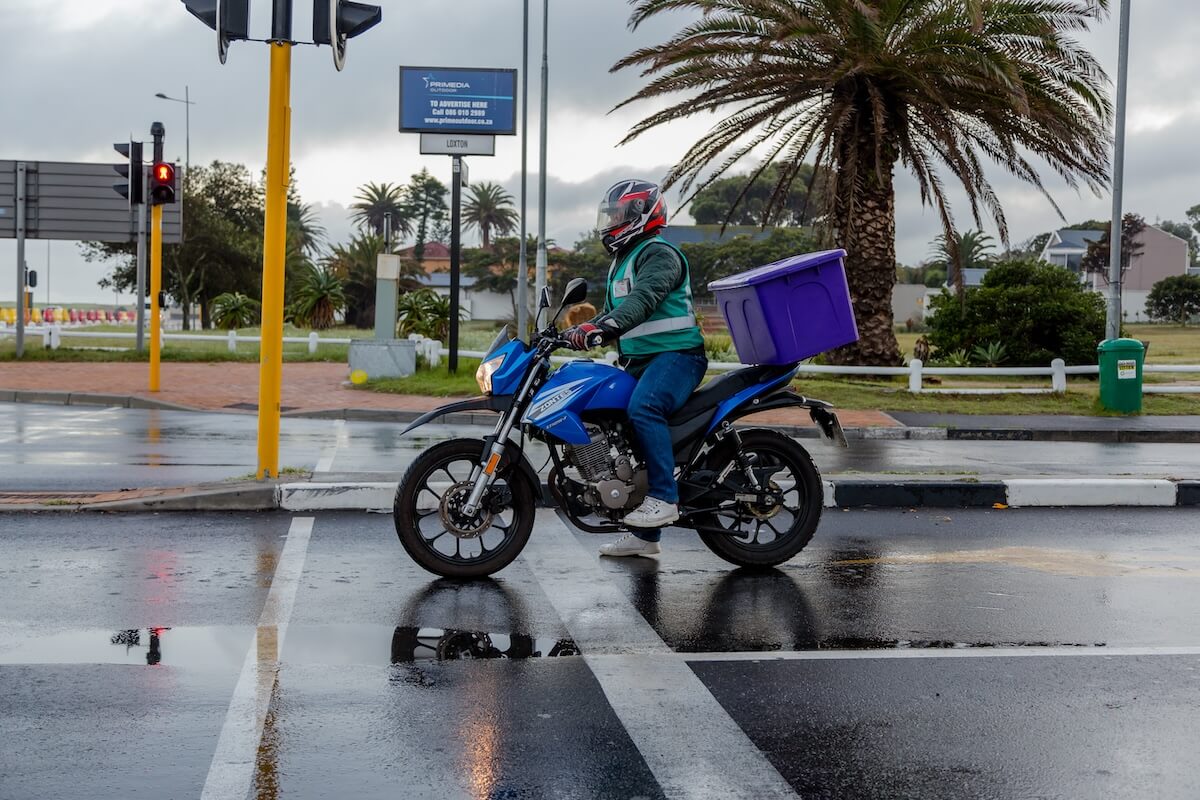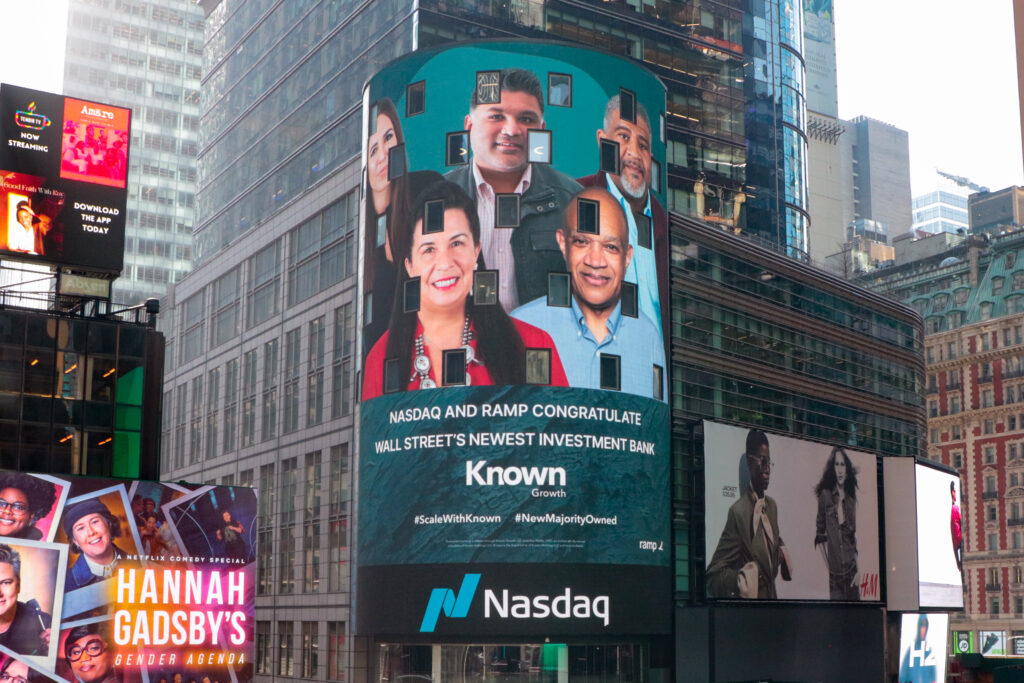ImpactAlpha, Oct. 11 – Climate action needs some swagger.
A hip-hop super producer and a “community organizing nerd” are teaming up to give the climate movement a lifestyle makeover to activate Black and Brown communities, in particular.
Out: Melting glaciers, shuttered coal plants and Birkenstock-clad hipsters. In: cultural icons, ownership stakes, good jobs and block parties for climate action in sustainable drip (or style, in hip-hop slang). The message: Clean energy is a lifestyle – and an economic opportunity to be seized by individuals and communities across the country.
“Clean energy never felt this dope,” reads the tagline of Klean Energy Kulture, a new campaign and nonprofit that’s stepping up to rebrand climate action.
Founders Corey Dennard, aka Mr. Hanky, a multi-platinum producer who grew up in Atlanta, and Michael Hawthorne, a “Beyond Coal” campaigner with the Sierra Club, plan to socialize the climate opportunity in the Black community by engaging influential hip-hop artists and entertainers as cultural translators.
“If we don’t frame what clean energy culture looks like, we are well aware of what it looks like when someone else has framed it for us,” Hawthorne told ImpactAlpha. “We’re taking the opportunity to bring all the resources, to bring that cultural lifestyle, to the community so that they can then take ownership of it.”
“You start mentioning economic opportunities [in the clean economy], that really perks people’s ears up,” adds Dennard, who has produced anthems for artists including Nicki Minaj, Jeezy, T.I. and Soulja Boy.
Klean Kulture
Black communities in the U.S. too often face the brunt of climate change while having little say in utility planning or local and federal policymaking. A wave of Black-led climate ventures, celebrity rappers as climate investors and hundreds of billions in Inflation Reduction Act investment set to flow from Washington together present a unique opportunity to flip the narrative.
Klean Energy Kulture, with “Ks” rather than “Cs,” is a nod to hip hop’s history of creative spelling and a signal to Black and Brown communities to join the clean energy movement, say the founders.
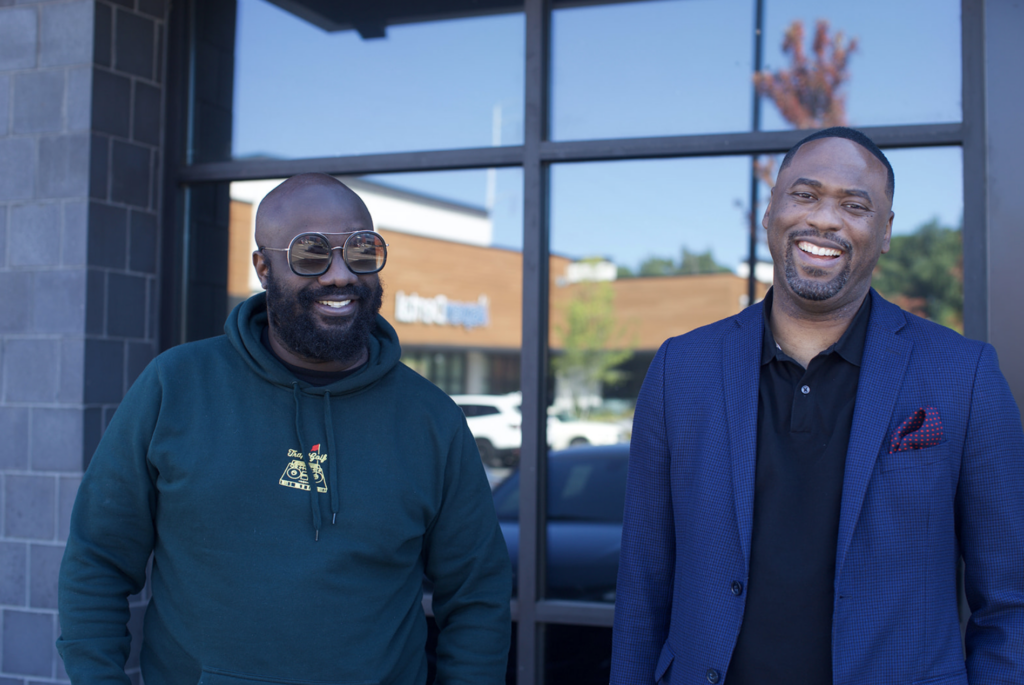
The organization will kick-off with a series of “block party” experiences next summer. The tour of historically black colleges and universities, or HBCUs, will leverage music, gaming and sustainable fashion to promote clean energy brands and opportunities as a way of life. Rappers like Atlanta-based T.I. and 2 Chainz are in talks to join the tour.
The campaign will include climate innovation symposiums, similar to the Culture & Climate event in L.A. earlier this year, to bring together Black-led climate and clean tech ventures, Black-led venture funds and limited partners and other industry experts alongside students and community members at HBCUs.
For “Hood to the Hill,” the campaign’s final arc, Klean Energy Kulture will coordinate with grassroots organizers, energy service companies, White House officials and local elected officials to activate participants for lobbying and voting at key policymaking moments.
“Our goal for the campaign is to transition from oil and gas plants and other fossil fuels to renewable energy generation,” says Hawthorne, a former tech entrepreneur and Obama campaign veteran in Georgia. “With that comes the opportunity to reinvest in communities and the clean economy.”
Black clean-tech
Black founders of clean and climate tech startups are important messengers, says Hawthorne.
Tackling climate and environmental challenges close to home are entrepreneurs like Donnel Baird of building-electrification company BlocPower, Kemeale Terry and Evette Ellis of EV repair startup ChargerHelp and Pinky Cole of Atlanta-based Slutty Vegan, a plant-based burger restaurant chain in Atlanta.
Doing so generates opportunities for good green jobs and wealth generation in Black communities. “It shows awareness that we’re in this space making headway,” says Hawthone.
Last month, BlocPower came together with air pollution tracker Aclima, tech workforce developer Bitwise Industries and Promise, which offers flexible utility payment plans, to form the Upside Tech Alliance to help local leaders build healthy and resilient communities.
“We’re going to see a lot more companies, especially minority-owned companies, come together to form these Voltron-like groups where they implement change in certain communities, one community at a time,” says Taj Eldridge, a climate tech investor and advisor to Klean Energy Kulture.
Separately, Eldridge leads Climate-Resilient Employees for a Sustainable Tomorrow to upskill and diversify the climate workforce. “We already know what the solutions are,” says Eldridge, who wears sustainably made crown fedoras. “We need to get to the people who don’t know or have not been informed about it.”
Demonstration effect
Black athletes and hip-hop artists also are modeling the economic opportunity.
In May, rapper and music executive Pusha T joined the $23 million round of SparkCharge, a Black-led mobile EV charging network. In April, Lebron James and rapper Drake backed affordable residential solar startup Palmetto.
Last year, Atlanta rapper 2 Chainz and Juicy J, a founder of hip hop group Three 6 Mafia, invested in concentrated solar firm Heliogen before the company went public via a special purpose acquisition company, or SPAC.
“So I invested in this company that basically takes the suns energy and packages it up for reuse even at night kinda like a sun refinery,” 2 Chainz shared with his more than 11 million Instagram followers. “I was gonna buy a moissanite diamond watch but i decided to invest the money in a huge operation,”Juicy J posted to three million fans.
Jay-Z, Serena Williams, Trevor Noah, Questlove, Jaden Smith and will.i.am are all investors in plant-based meat company Impossible Foods.
The drumbeat of Black celebrity-led climate tech investment “signals that we get it,” says Hawthorne. “We can champion and curate what clean energy looks like in our communities.”
Climate conscious
Hip-hop is a powerful cultural force, particularly in Black communities, and has long been a vehicle for social commentary and climate awareness.
Rapper Coolio, who died last month and suffered from Asthma as a youth, toured HBCUs in 2008 to educate students as a spokesperson for the group Environmental Justice and Climate Change.
The artist Mos Def’s (now Yasiin Bey) debut album in 1999 featured a song called “New World Water,” in which he rapped about the impact of water scarcity. The conscious rap duo Dead Prez sang the praises of vegan diets on “Be Healthy” in 2000. Lyrics to 2018’s “Feels Like Summer,” by Childish Gambino include, “Every day gets hotter than the one before. Running out of water, it’s about to go down.”
To reach more people, Hawthorne and Dennard want to go beyond the so-called “conscious” rappers to have the chart toppers deliver more subtle climate messages. “The younger artists, they get it, but if you make it plain, everybody gets it,” says Dennard, whose hits reach millions.
He’s already seeing a change. “You see a lot of people rapping about Teslas,” he says. “It’s a cool thing now to pull up at the club and have a Tesla, man.”
Eldridge adds, “Then what’s going to happen, right, is when they pull up at the club they’re gonna be like, ‘Where the charging stations at?’”

